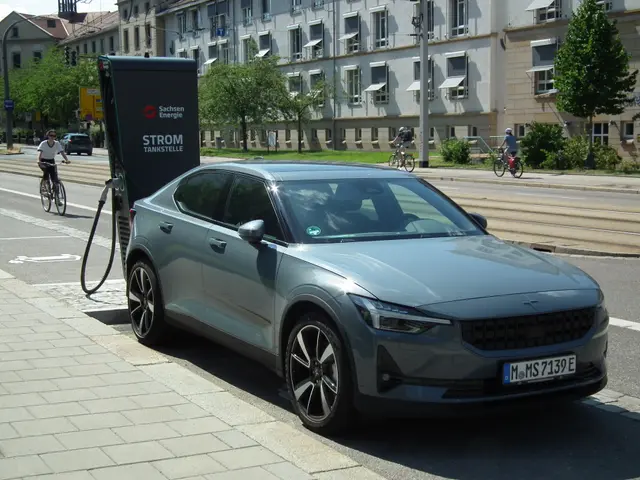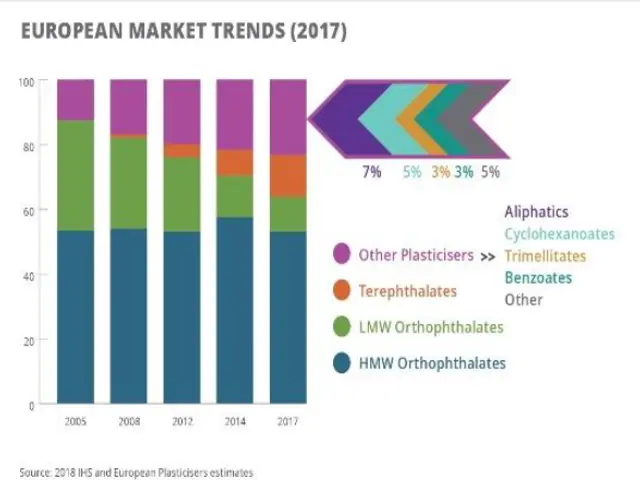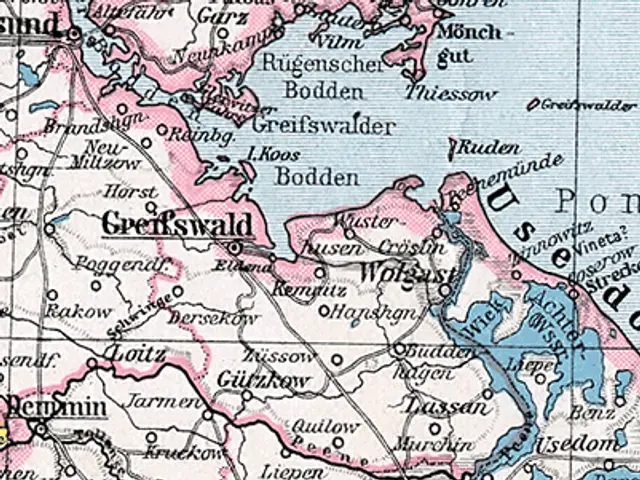Government’s AI property valuations risk costly disputes for luxury homes
The government is exploring the use of Automated Valuation Models (AVMs) to swiftly assess high-end properties for new council tax bands. However, experts caution that this method may lead to inaccuracies and disputes, potentially costing taxpayers millions.
AVMs, currently employed by property websites like Zoopla and Rightmove, use data such as location and market trends to estimate a property's value. The Valuation Office Agency (VOA) also utilises an AVM to set council tax. However, experts from the Faculty of Property and Construction (FPRE) warn that AVMs may not be suitable for unique, high-end properties, which comprise 30% of UK homes.
AVMs excel in valuing standard semi-detached and terraced properties, making up 70% of UK homes. Yet, high-end properties present unique features that AVMs may struggle to account for, potentially resulting in inaccurate valuations. This could lead to overcharging for some properties and hotly contested disputes, with administrative and legal costs potentially reaching millions.
The government's plan to use AVMs for high-end property valuations aims to streamline the process. However, the potential inaccuracies and disputes could offset the intended efficiency. As the council tax levy on high-end properties could also slow down deal-making and potentially raise prices at the lower end, a balanced approach considering the unique nature of these properties is crucial.






